In recent years, concerns about filter blockage in oral care devices such as water flossers and smart rinsing units have increased—especially as users report unintended side effects like dry mouth or elevated mouth acidity. Could these mechanical issues be contributing to saliva acidification? While seemingly unrelated at first glance, deeper analysis suggests a potential link between filtration efficiency and oral pH imbalance. This blog dissects the relationship in six key sections and provides suggestions for device manufacturers to mitigate this emerging risk.
Filter blockage occurs when built-in mesh or cartridge filters—typically used in water flossers, irrigators, or advanced electric rinsers—become clogged with impurities such as minerals, biofilm, or residual bacteria. Blocked filters disrupt the water flow, reduce cleansing pressure, and can harbor microbial buildup. Over time, this can create an environment conducive to microbial imbalance in the user’s oral cavity, leading to unexpected consequences.
Saliva acidification refers to a decrease in oral pH, which makes the saliva more acidic. Normally, saliva maintains a slightly alkaline pH (6.5–7.5) to neutralize food acids and protect enamel. When saliva becomes too acidic, the result may include enamel erosion, increased risk of caries, bad breath, and oral inflammation. For manufacturers of oral hygiene devices, preventing acidification is crucial to preserving product credibility and user trust.
How exactly might filter blockage trigger saliva acidification? The mechanism can be indirect but significant:
These factors can jointly disturb the oral microbiome, tipping the balance toward an acidic environment. Company web: https://www.powsmart.com/product/electric-toothbrush/
Not all filters are created equal. Devices using low-grade mesh materials or poorly sealed cartridges are more prone to blockage. In addition, improper filter positioning and lack of self-cleaning functions may accelerate buildup. Manufacturers must pay special attention to:
Inadequate attention to these elements can unintentionally contribute to saliva acidification in long-term users.
To prevent filter blockage and its associated risks, manufacturers can integrate the following engineering and quality control strategies:
By adopting a proactive approach, manufacturers can ensure their devices actively contribute to oral health rather than unintentionally compromising it.
While filter blockage and saliva acidification may not seem directly related, the connection becomes clearer upon examining the oral microbiological ecosystem. When water-based oral devices fail to rinse effectively due to clogged filters, harmful bacteria can flourish—leading to acid byproducts and lowering saliva pH. For manufacturers, this highlights the importance of holistic product design, combining functional performance with biological impact consideration. In the age of precision health and informed consumers, even small oversights can have big implications. Contact us
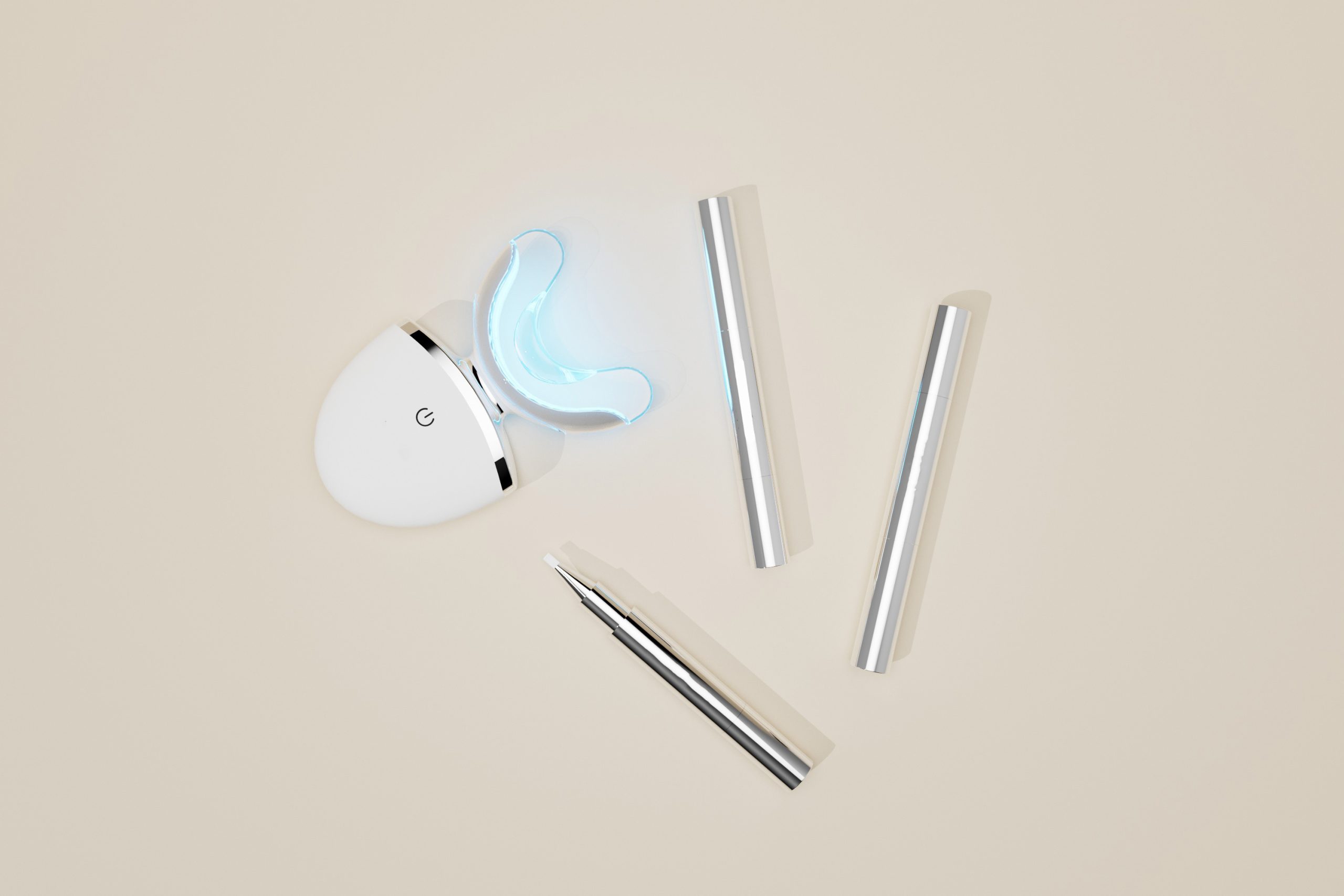
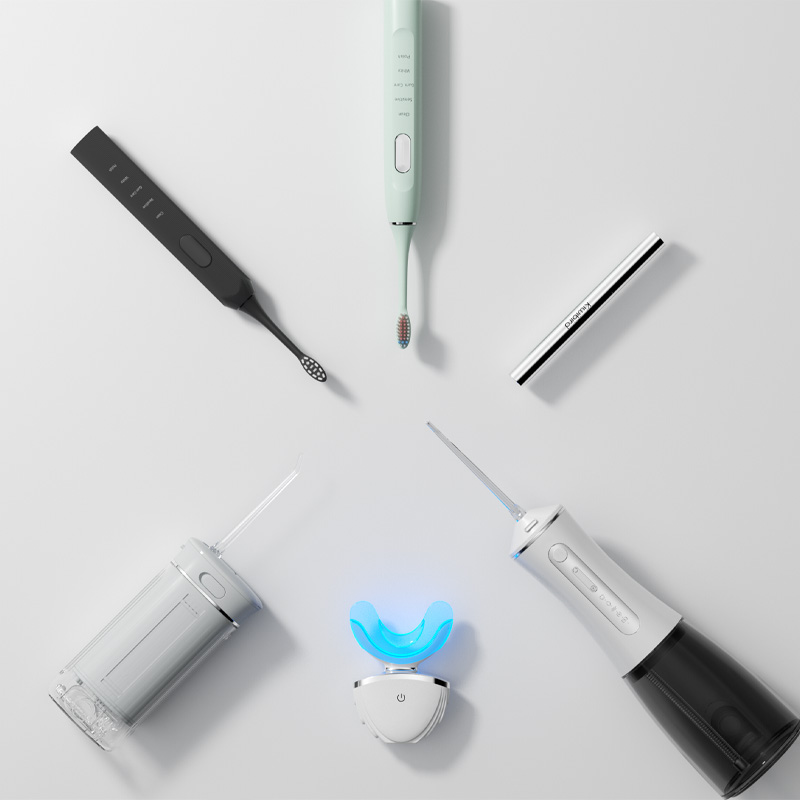
.jpg)
ADA FDA dental product certifications
.jpg)
No-Mess Water Flosser Design: How Our Factory Solves Splashing for Your Brand
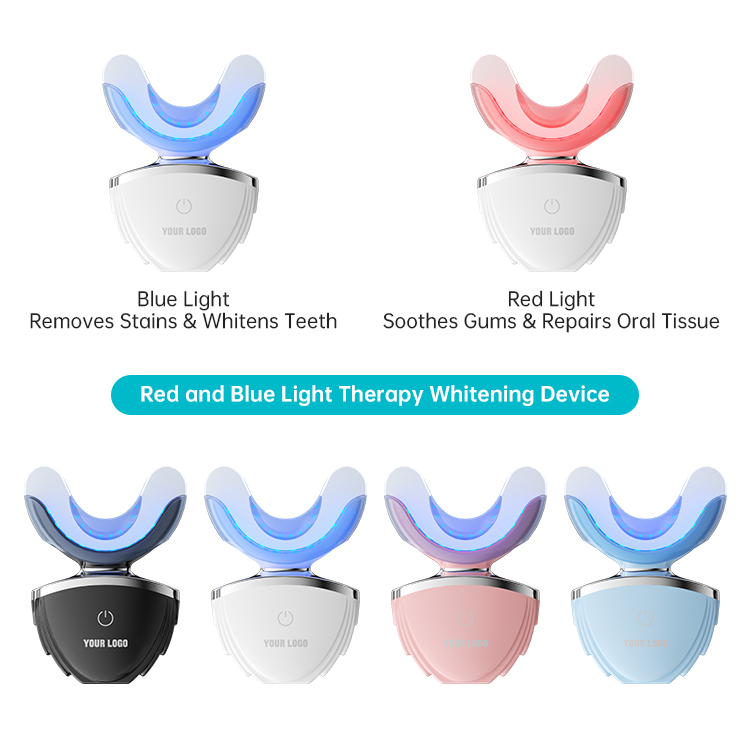
What is the Least Damaging Way to Whiten Your Teeth with OEM Solutions?

Why Pair Cosmetic Whitening Equipment with a Portable Charging Case?
.jpg)
Travel Electric Toothbrush OEM – Compact Texas Manufacturing Solutions
.jpg)
Nerve Sensitivity from Inconsistent Spray – What’s Causing the Irritation?
.jpg)
Shaft Fracture with Indicator Failure – Linked?
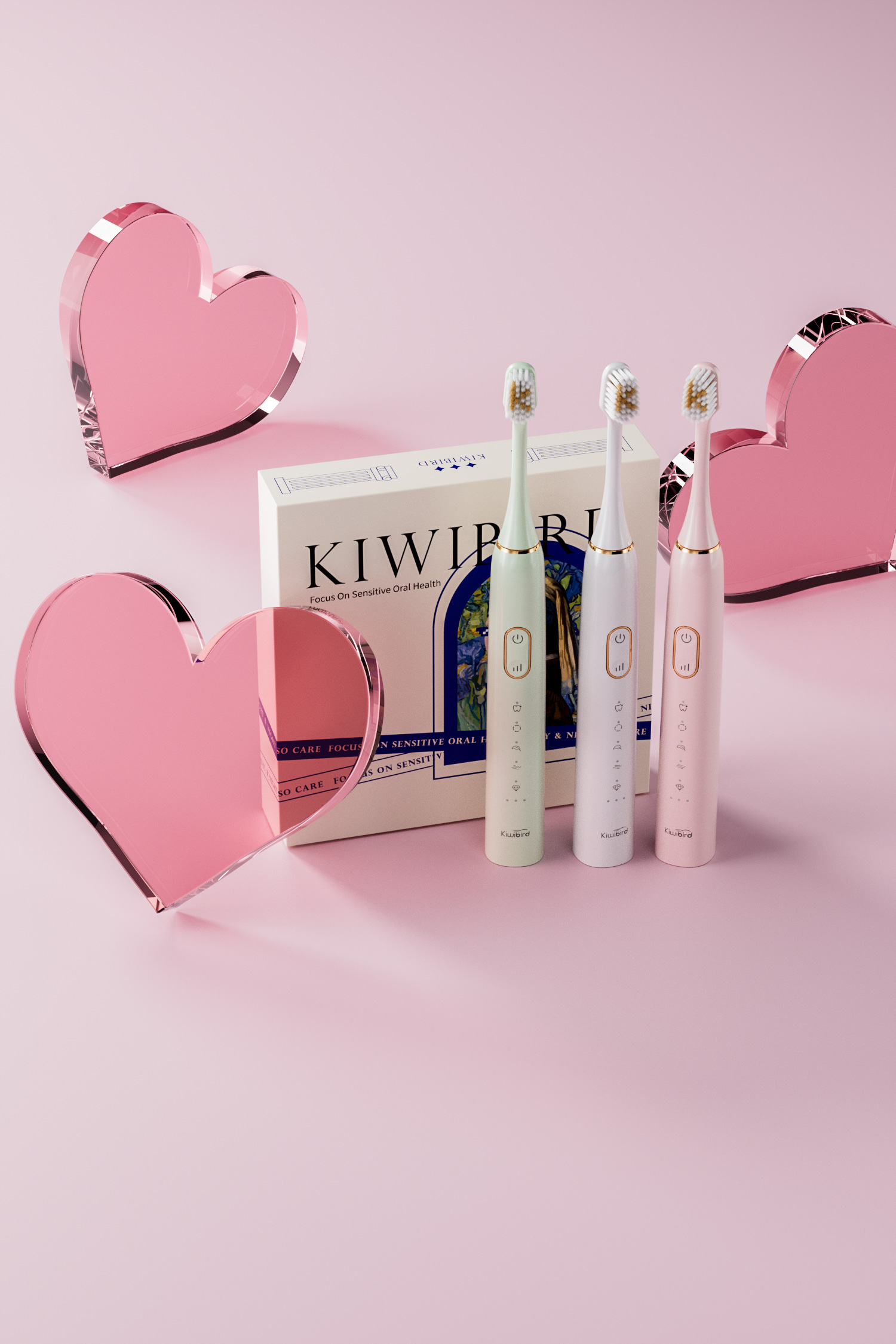
How Houston pressure sensor tech elevates Houston deals toothbrush?

Why Does the Oral Irrigator Make Abnormal Noise After Being Used for a Period of Time?
.jpg)
Multi-Mode Electric Toothbrush Manufacturer for OEM Oral Care Projects
.jpg)
Smart Toothbrush Austin – High-Tech Oral Care Solutions
.jpg)
How Brands Evaluate Rechargeable Toothbrush Wholesale Price in B2B Purchasing
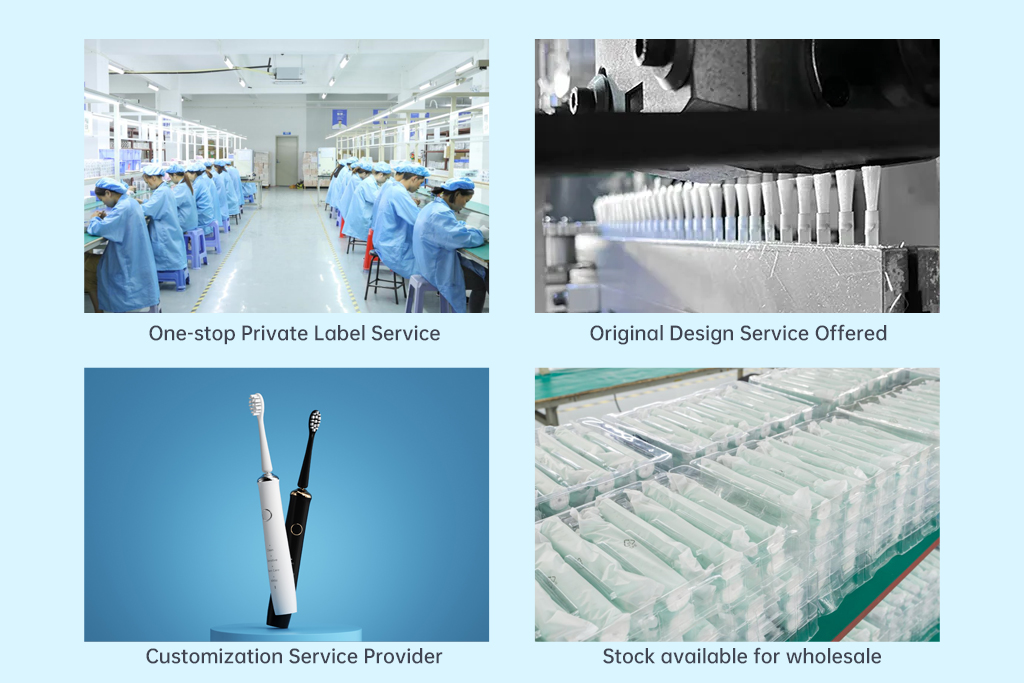
Critical Success Factors for Oral Care Brands
.jpg)
Electric Toothbrush for Dental Kit Programs | Custom B2B Oral Care Solutions
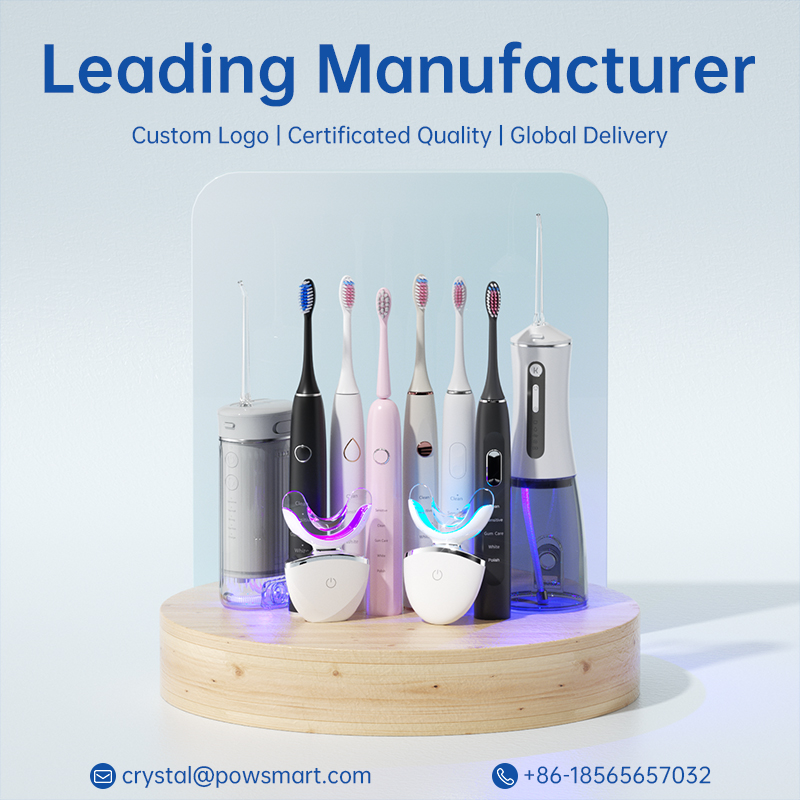
What Is the Most Profitable Oral Care Product to Manufacture and Custom Logo?
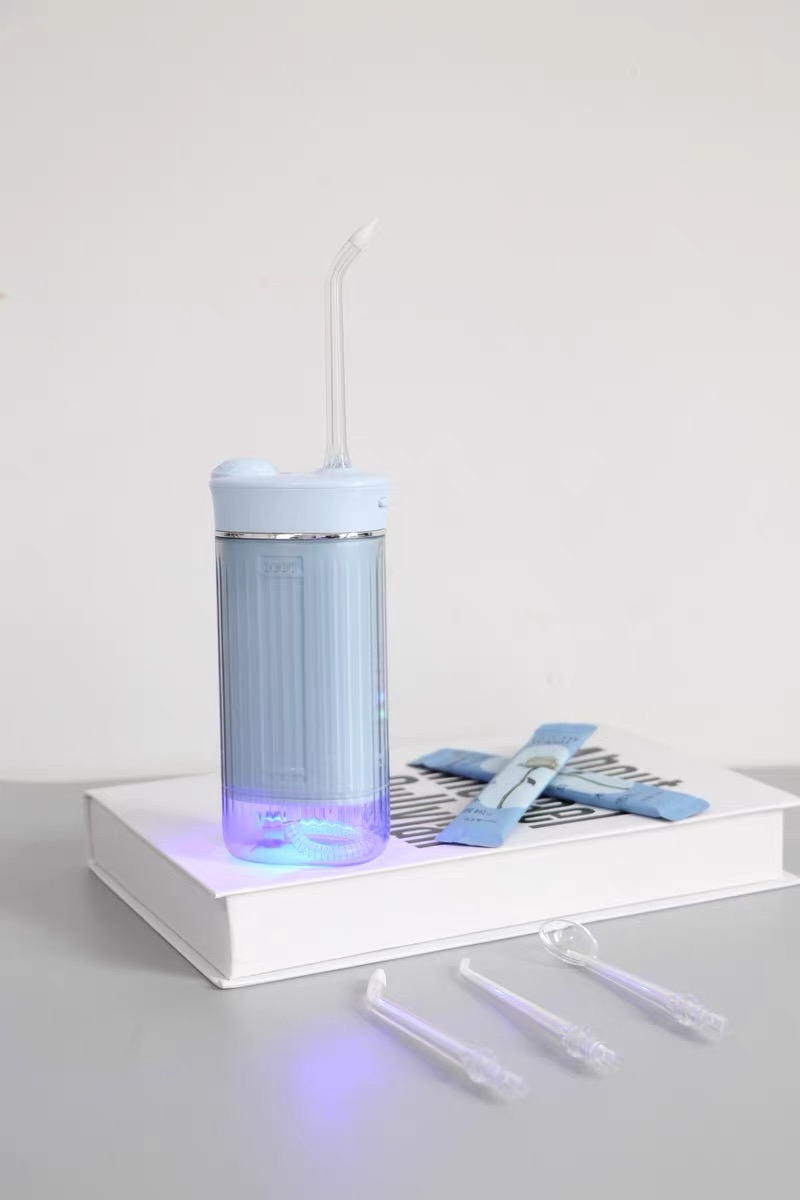
Can Reliable Water Flosser Component Suppliers Support Cordless Water Flosser Manufacturing?